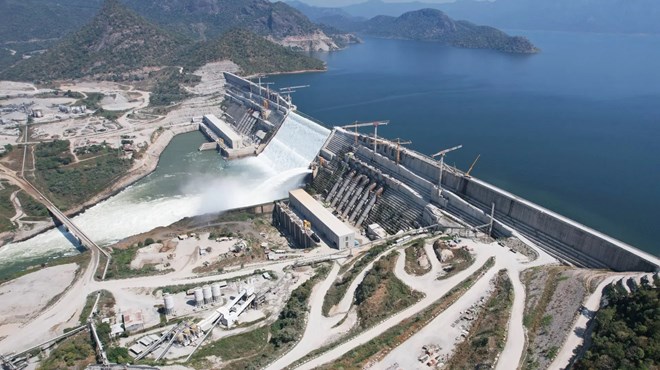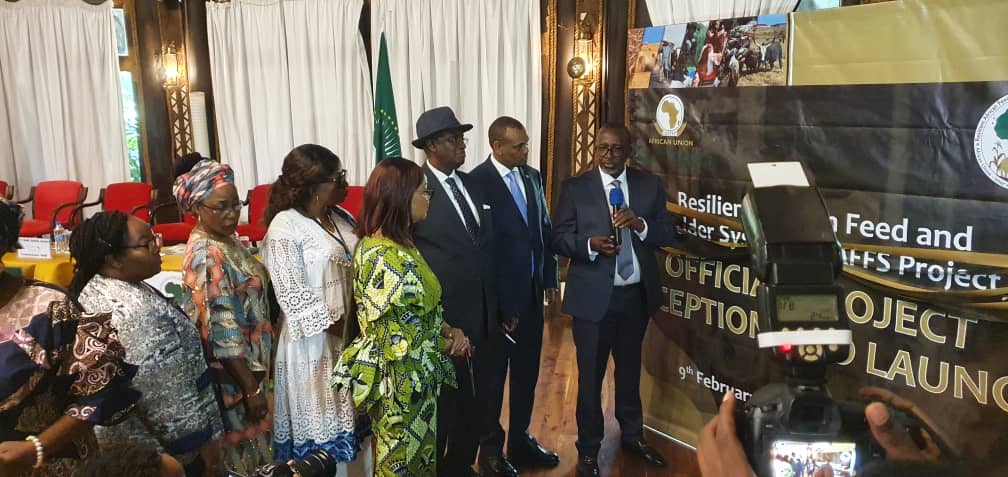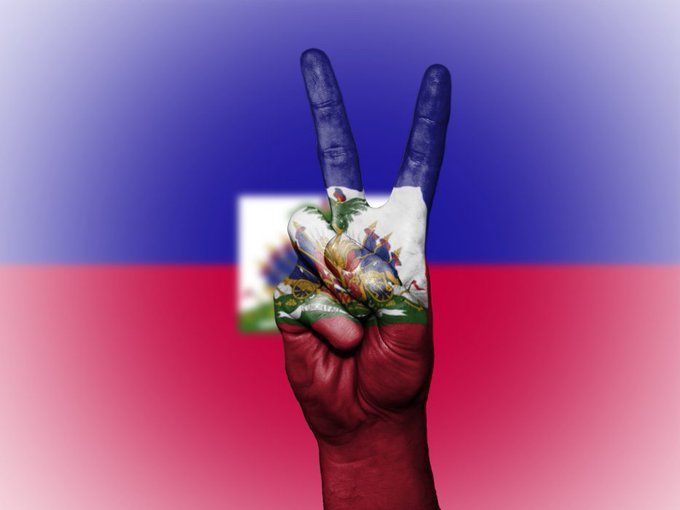By Eddah Waithaka
Ethiopia will officially inaugurate and commission the massive Grand Ethiopian Renaissance Dam (GERD) on September 9, 2025, a move that promises to reshape the nation’s economy and the region’s energy landscape while marking a definitive end to colonial-era water agreements on the Nile.
The announcement, detailed in a briefing from the Ethiopian Embassy, positions the $5.15 billion megaproject as a sovereign right and a critical tool for national development.
The dam, which Ethiopians largely financed through public contributions, will generate 5,150 megawatts of electricity to power a growing nation projected to reach 230 million people by 2030.
“The GERD stands as a monumental symbol of Ethiopia’s aspirations for economic development and regional integration,” said the Deputy head of mission, ambassador to Kenya, Demeke Atnafu.
He emphasized that the dam will directly combat poverty by providing reliable electricity to rural communities, boosting industries, and creating a surplus for export.
The commissioning will occur just days before Addis Ababa hosts the Second Africa Climate Summit (ACS-2) from September 8-10, allowing Ethiopia to showcase the dam as a flagship African-led climate solution.
The summit, co-hosted by the African Union, will focus on financing for resilient development, a theme Ethiopia is advancing through its own Green Legacy Initiative, which has planted 40 billion trees.
A Shift from “Monopoly” to Negotiation
The briefing framed the decade-long trilateral negotiations with Egypt and Sudan as a necessary disruption to a historical status quo of Egyptian dominance over the Nile, rooted in the 1929 and 1959 treaties that excluded upstream nations.
Ethiopia argues it has negotiated in good faith and with unprecedented transparency, pointing to consensual endorsements from international and national expert panels.
The country maintains that the GERD will benefit downstream nations by regulating the river’s flow, preventing floods, and reducing water loss through evaporation benefits it claims are already materializing.
Egypt Accused of “Hydrological Colonialism”
The document levels strong criticism at Egypt, accusing it of breaching the trust of negotiations and attempting to impose a “hydrological colony” on Ethiopia by clinging to colonial privileges.
“Egypt continues to breach its obligation as a riparian state,” the briefing states, citing Egypt’s constitutional claim to a historic right to 55.5 billion cubic meters of Nile water.
Ethiopia urges Egypt to abandon this stance and instead join the Nile River Basin Commission, established by the Cooperative Framework Agreement (CFA) that entered force in 2024.
While Ethiopia asserts that an immediate agreement is not hydrologically urgent, it acknowledges that a negotiated pact remains the only viable long-term option.
Such a deal, it argues, would guarantee predictability for Egypt and Sudan, realize the GERD’s full regional benefits, and finally rectify what it sees as an unjust water-sharing regime.
“The missing factor is the inability or unwillingness of Egypt to abandon the colonial privileges it claims and to recognize the rights and needs of the peoples of the Nile River,” the briefing concludes.
The September inauguration will thus be more than a ceremonial flip of a switch, it will be a powerful statement of Ethiopian sovereignty and a new chapter in the centuries-old struggle for control of the Nile.







